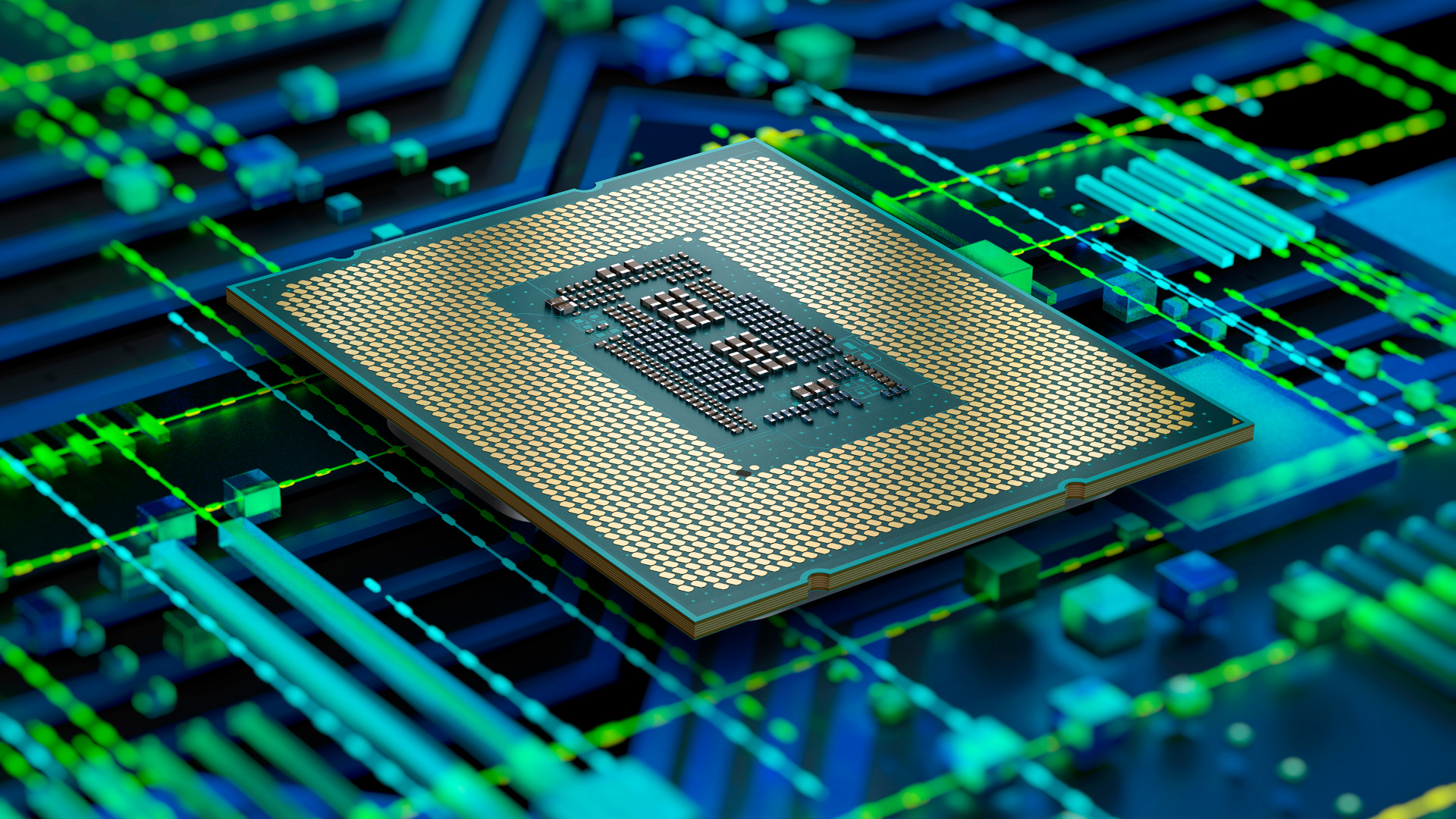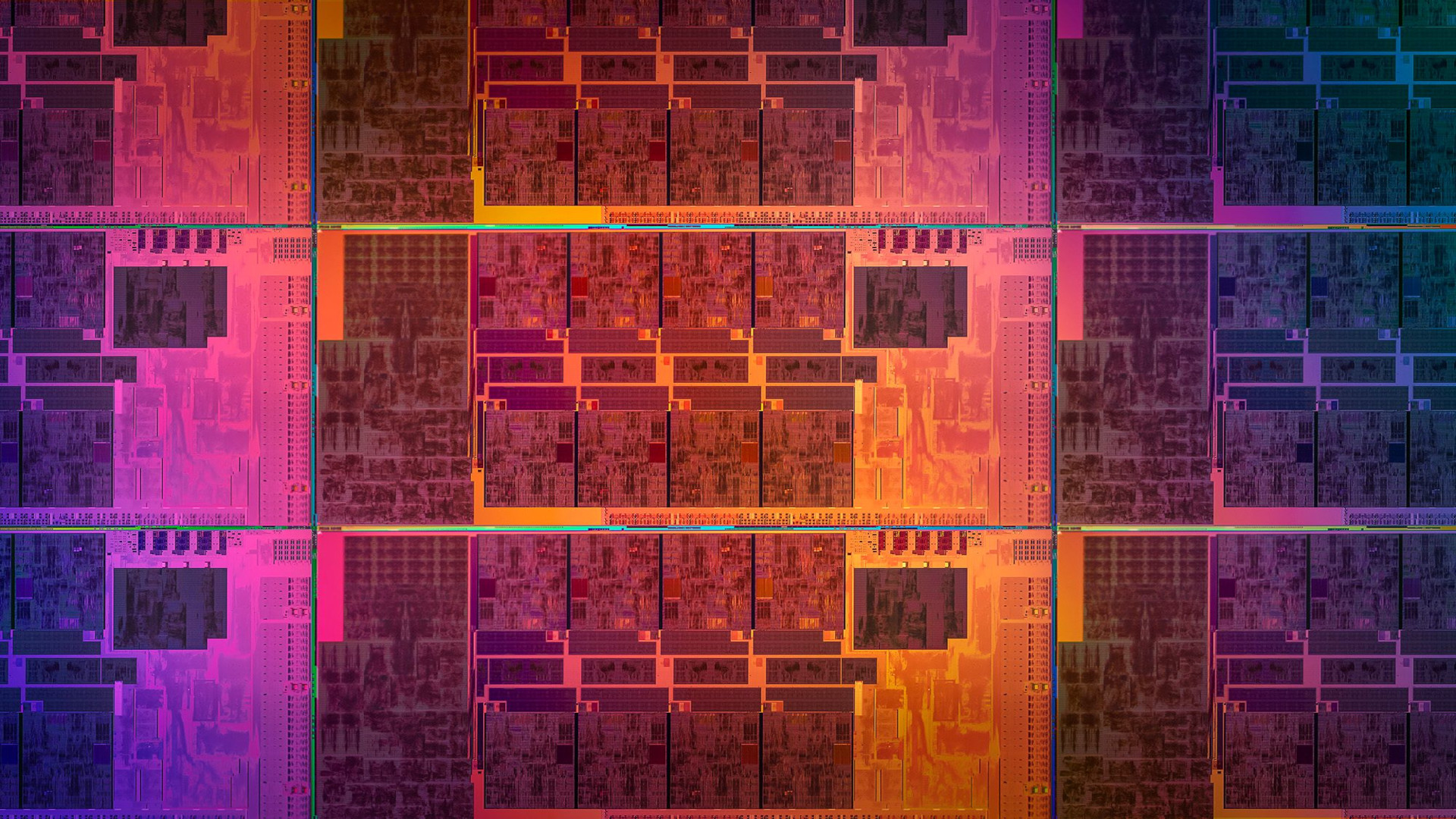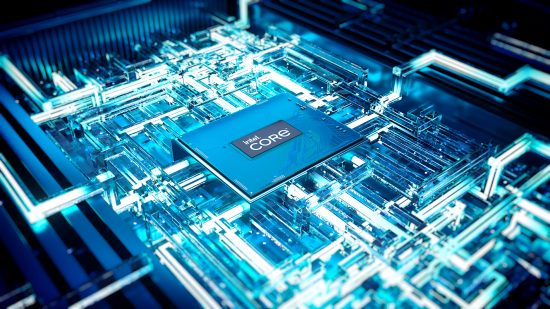What is a CPU? It’s a fair assumption to say that in 2023, everyone will interact with technology on a daily basis for work or leisure. However, have you ever stopped to wonder what makes your laptop, phone, tablet, or PC tick? Well, this is where the CPU jumps into the spotlight.
It’s not just the aforementioned tech that relies on a CPU to work, there are all sorts of systems and machinery that utilize a CPU because they are, in many ways, the foundation upon which modern technology is built. Is it as simple as the best laptops or PCs need to have the best CPU on the market to be worthwhile? Not quite, let us break it down for you!

What is the simple definition of a CPU?
In simple terms, a CPU acts as the brain for any piece of technology. A central point of intelligence that brings together a laptop or PC and makes everything tick.
Naturally, there are far more components involved in the design process but the CPU is the epicenter of every laptop, PC, or smartphone you’ve ever owned.
A great way to look at the importance of a CPU is that without one, no piece of hardware can function. Alternatively, the CPU needs to communicate effectively with other core components within a product in order for it to perform as designed. No piece of hardware acts alone!

What exactly does a CPU do?
In more technical terms, a CPU provides the set of instructions and required processing power to carry out said instructions within a laptop or PC.
The CPU will run through a three stage process to carry out the instruction that it has received via user or programming input. This operation is known as fetch, decode and execute.
It works exactly as the phrasing suggests. An instruction is fetched from memory such as RAM or SSD storage, by the CPU. It’s then interpreted or decoded, finally, the CPU executes the instruction and the cycle is complete and ready to go again for the next instruction.

What makes a CPU go faster?
The power of a CPU is determined by its clock speed. This is displayed in gigahertz (GHz) as the number of processes it can complete per second, in billions. So, a processor that operates at 3.00 GHz is faster than one that operates at 2.5 GHz, right? Well, yes and no.
While the initial core clock speed might be higher, you also have to take cores into consideration. Cores are essentially segments within a CPU that act as mini processors alone. Typically modern processors will have anywhere between 2-64 cores. Going back to the original question, a CPU that runs at a slower clock speed but has more cores, could be deemed more efficient and powerful.
A final stage of complication with cores comes down to whether a program can utilize multi-core processing. If it can’t, then the power scale reverses and a faster single-core processor would be more efficient.
